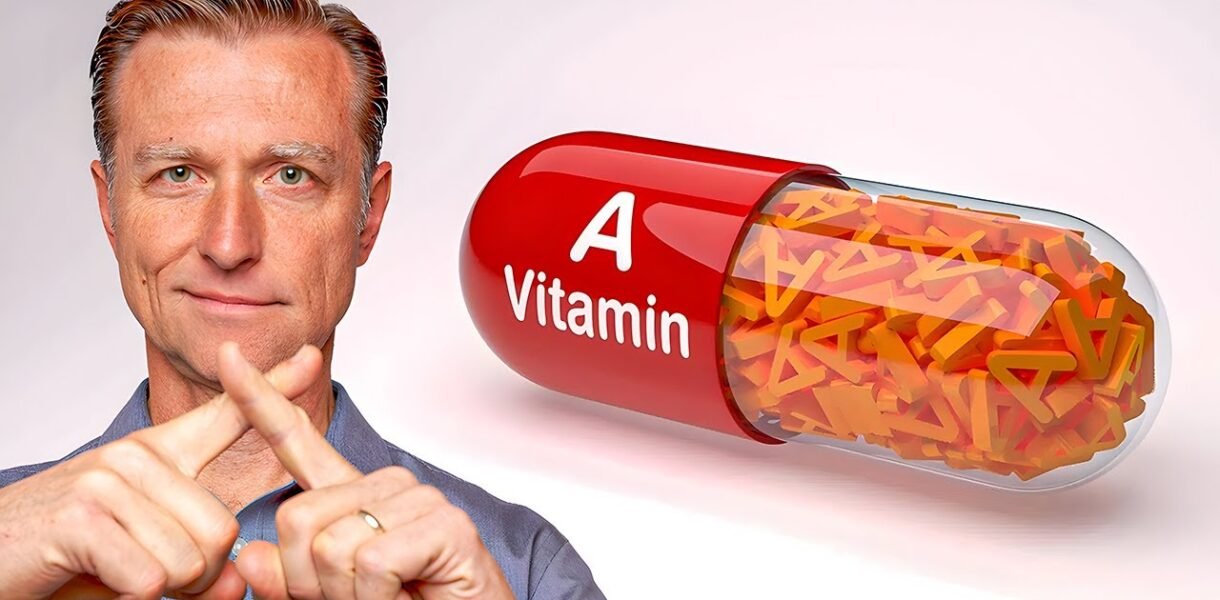Table of Contents
Vitamin A is a non-keratinizing vitamin. Keratinization is a condition that causes skin issues.
Both a vitamin A deficiency and excess vitamin A can affect the internal and external skin in many ways. Vitamin A is involved in supporting the immune system as well.
There is an association between vitamin A deficiency and autoimmune conditions like Graves’ and Hashimoto’s. Vitamin A also allows iodine to be absorbed.
Vitamin A explained
I’d like to discuss some very important aspects of vitamin a , not just the positive benefits , but the dark side as well .
Vitamin A and your skin
Vitamin a is typically known as the non keratinizing vitamin .
Now what does that mean ?
Keratinization is a condition that causes skin issues .
So if you have an overgrowth of keratin , it’s not gonna be at the right moisture .
It’s gonna be kind of dry .
And so this is one reason why if you have a deficiency of vitamin a or even an excess , it can really affect your skin in many ways .
On the flip side of that , vitamin a is also , involved in the epithelial layer of the skin .
That is the outermost layer of your inner skin that is lining your body .
And so vitamin a has a lot to do with controlling what that skin turns into .
Is it gonna be normal skin cells or abnormal skin cells ?
And when we’re talking about the inside of the body too , we’re talking about the maintenance of the inner skin .
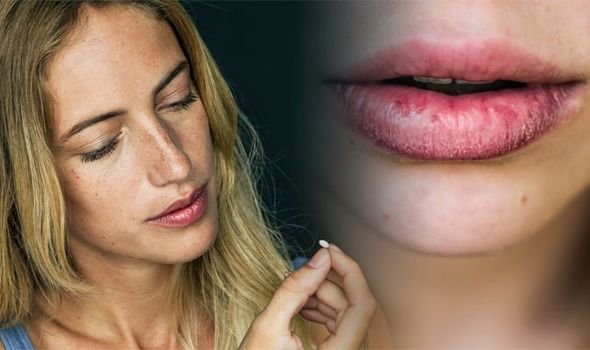
Your inner sinuses , the esophagus , the digestive system .
And so this is why vitamin a is important for the immune system .
Because the skin , both external and internal , is one of the immune barriers .
And so if you’re deficient in vitamin a , you can actually weaken that barrier , allow pathogens to crossover .
Vitamin a is also , involved in the immune system , specifically the what’s called the T regulatory cells .
And that has a lot to do with whether a person can develop an autoimmune disease or not .
And so there’s this association also with a vitamin a deficiency and an autoimmune problem with the thyroid , either Graves or Hashimoto’s .
And so if someone’s deficient , it could increase the risk for either one of those .
And also vitamin a allows iodine to be absorbed .
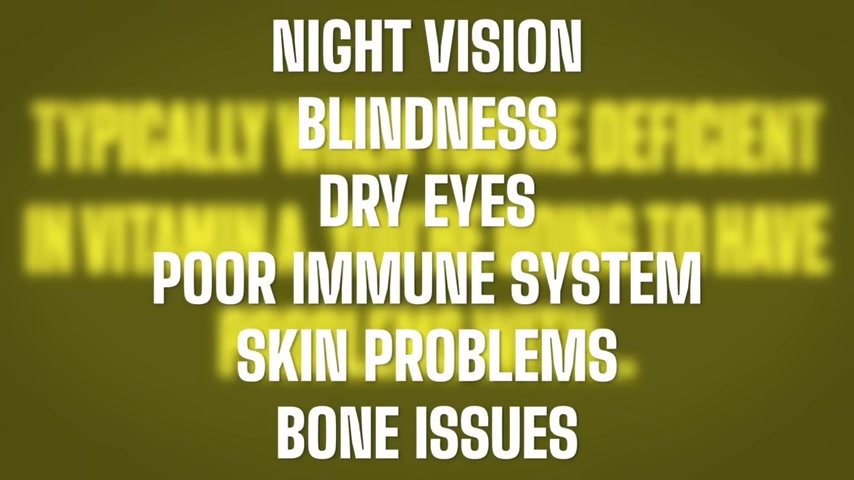
Symptoms of vitamin A deficiency
Signs of vitamin A deficiency:
- • Poor night vision
- • Blindness
- • Dry eyes
- • Poor immunity
- • Skin problems
- • Bone issues
So there’s an iodine relationship between vitamin a as well .
And typically , if you’re deficient vitamin a , you’re gonna have problems with night vision .
If you’re severely deficient , you may even go blind .
Other symptoms could include dry eyes , a poor immune system , skin problems , and even bone issues .
So if a child has a deficiency of vitamin a , they can have all sorts of just abnormal bone , development .
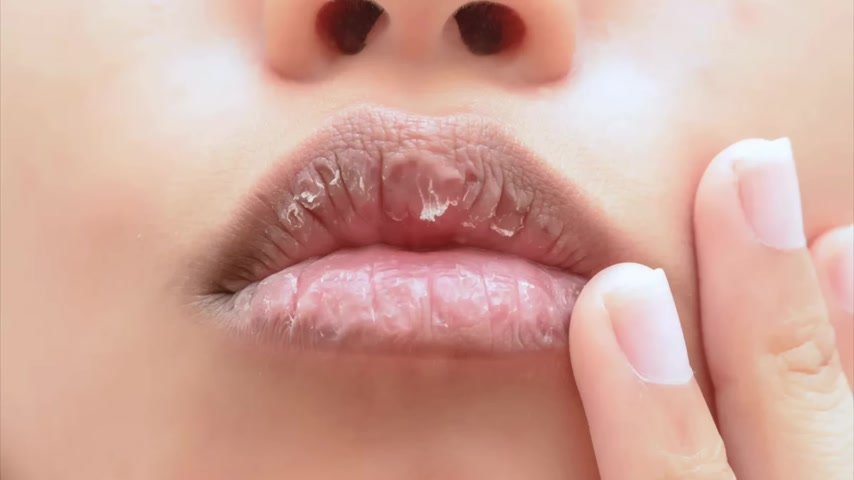
Symptoms of too much vitamin A
Signs of too much vitamin A:
- • Abnormal bone formation
- • Dry lips
- • Dry skin
- • Double vision
- • Alopecia
- • Oily skin
- • Peeling skin
- • Heart valve calcification
- • Hypercalcemia
- • Intracranial pressure
Also on the flip side , too much of vitamin a can create symptoms that mimic a deficiency of vitamin a .
Abnormal bone formations , dry lips , dry skin , double vision , alopecia , oily skin , peeling skin , heart valve calcification , which could be a big problem , hypercalcemia , too much calcium in the blood .
Normally , too much vitamin d will do that , but vitamin a is also involved .
Another one is intracranial pressure .
So you have this headache with all this pressure in your skull .
Vitamin A toxicity is rare, but taking a synthetic vitamin A supplement may increase your risk. Synthetic vitamin A may also increase the risk of lung cancer.
Accutane, a form of synthetic vitamin A, has serious potential side effects.
I suggest getting your vitamin A from food sources or natural food-based supplements.
Foods high in vitamin A (retinol):
Beta carotene is the precursor to the active form of vitamin A (retinol). Beta carotene is in foods like carrots and spinach.
But, If you’re relying on beta carotene alone to get your vitamin A or if you have a liver or gallbladder issue, you could be deficient in vitamin A.
Vitamin A toxicity
Now , here’s what you need to know about the toxicity symptoms .

Typically , you would have to consume over a 500 grams of polar bear liver or the liver from a walrus or liver from a moose , which is very unlikely .
The most likely source is taking it from some synthetic vitamin a .
Synthetic vitamin A
This is one reason why I never recommend taking vitamin a as a supplement unless it comes from a natural source .
It’s in a food source or it’s natural because 98% of all vitamins , including vitamin a , are made synthetically .
And I’m not just talking about the retinol version , which is the active form .
I’m talking about the pre vitamin a as beta carotene .
That’s also sold synthetically , and it comes with its own package .

In fact , there’s some studies that shows that it can increase your risk of getting cancer of the lung , especially if you’re a smoker or drink more than one glass of alcohol per day .
If you’re at the same time taking this beta carotene synthetically , it can increase your risk of getting tumors or cancer , which is crazy .
So this is why I’m very cautious about the synthetic vitamin a as a fortification in our foods as well as in our vitamins .
The best sources of vitamin A
It’s much better to get vitamin a from your foods .
Okay ?
And that would be cod liver oil , egg yolks , grass fed butter , grass fed cheese , and actual liver .
These are excellent sources of the active form of vitamin a , which is retinol .
Realize if you’re taking the inactive form , beta carotene from food , that’s good too .

You never have to worry about toxicity because it’s never gonna happen because of the conversion from beta carotene to retinol is not very efficient , and it takes a lot of it to convert to the active form .
So there’s some reports that , like you would need 6 times as much beta carotene to turn into 1 unit of retinol .
But there’s mixed reviews on that .
All you need to know is it takes a lot more beta carotene to turn into the active form of retinol .
But at least if it comes from a natural source , you’re never gonna have to worry about the toxicity .
It’s only when you get into the synthetic antioxidant beta carotene that you have to be concerned about it .
But if you’re getting your beta carotene from , like kale or any type of dark leafy green vegetable or even carrots , okay , you’re not gonna have to worry about toxicity .

Causes of vitamin A deficiency
But realize it takes a lot of that to convert to this active form .
The other thing about vitamin a deficiencies , number 1 , look , if someone’s not consuming a lot of of those foods I just mentioned , they could be deficient , especially if they’re relying on just the precursor , beta carotene .
But also if there’s a problem in the liver .
Okay .
Let’s say , for example , you have a fatty liver .
And maybe you have a gut , you have belly fat , and you’re not realizing that definitely means you have a fatty liver , or you might have liver damage from cirrhosis or any other type of inflammatory condition with the liver .
That means you’re not gonna store as much vitamin a .
And so your capacity to use vitamin a from that stored vitamin a is going to be minimized .
And that can end up as a deficiency as well , especially if you have a problem with the gallbladder .
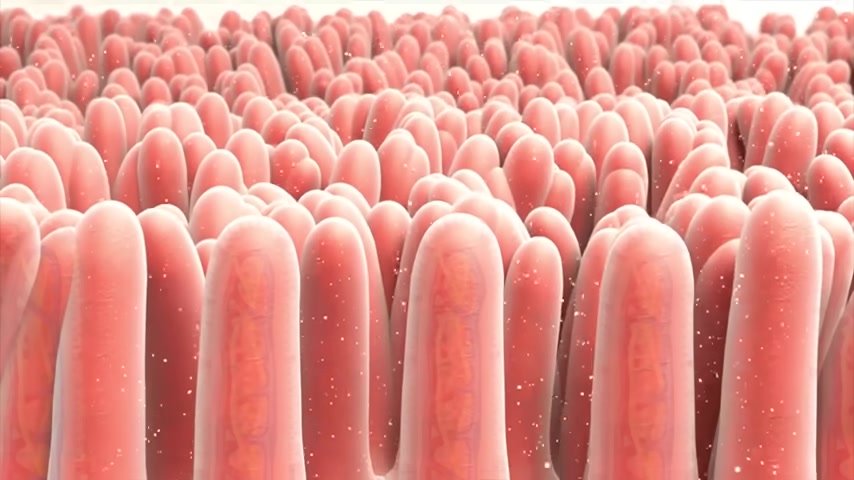
Let’s say you’re not producing enough bile or let’s say you had your gallbladder removed or whatever , that can show up in a lack of absorption of that fat soluble nutrient from your diet .
Accutane
And on top of all of that , there’s one synthetic version of vitamin a .
It’s an Accutane for acne .
I’m not sure if you ever heard about it before , but it’s a synthetic vitamin a compound that has a black box warning on it of increased risk of depression , suicide , and psychosis .
Yeah .
A synthetic vitamin a .
So if synthetic vitamin a creates those symptoms , not to mention another big symptom called keratogenic effects , which basically are birth defects .
So if a woman is taking Accutane while she is pregnant , that child could end up with birth defects and developmental problems and even infertility or a stillbirth .
What to do for vitamin A toxicity
So this synthetic vitamin a comes with its own problems .
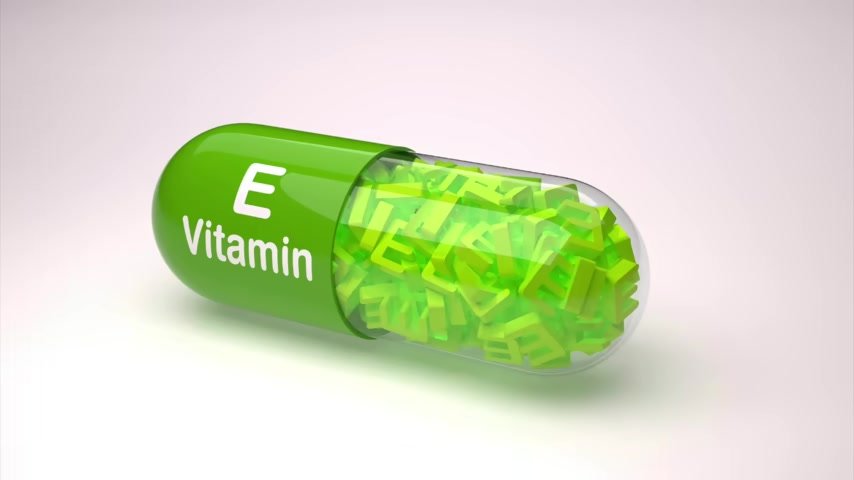
If someone does have a toxicity of vitamin a , there is , some antidotes .
Well , at least , researched on animals .
Okay .
So if you take more vitamin e , that can help reduce the toxic effects .
If you take vitamin k k one , that can reduce some of the effects as well as taking something called red yeast rice , which is a common supplement that a lot of people take , to lower their cholesterol .

